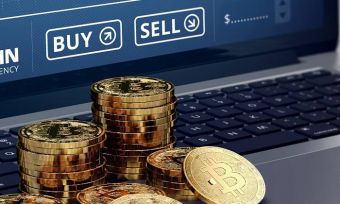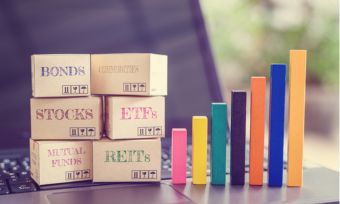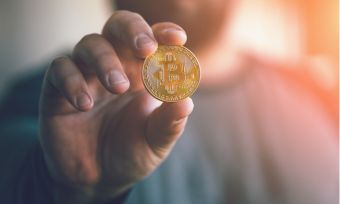If you are at all interested in NFTs you may have come across the platform OpenSea. We discuss how it works and if it’s safe to use.
What is OpenSea used for?
OpenSea prides itself as being the first and largest online marketplace for non-fungible tokens (NFTs) and crypto collectibles. NFTs are unique, collectible digital assets like in-game items, trading cards, and art. Through OpenSea you can create NFTs as well as buy and sell them. Think of it as a digital auction house where all the pieces up for auction are also digital. The popularity of OpenSea and NFTs is growing. In January 2022, the trading volume of OpenSea reached US$5 billion.
Can you make money on OpenSea?
It’s possible to make money through trading NFTs on platforms like OpenSea. This can be done by putting your NFTs up for auction, or buying an NFT and reselling it for profit. Potentially, you can also make money through NFT royalties, which is a payment you may receive if your NFT is sold on to other buyers.
How to sell an NFT on OpenSea?
Here’s a step-by-step guide to selling an NFT on OpenSea
1. Create a profile and link your cryptocurrency wallet to the platform
Your wallet is where your NFT should be stored, and it’s a good idea to have some cryptocurrency in there as well just to cover any fees you may encounter.
2. Select the NFT you’d like to sell from your wallet
Alternatively, if you don’t have an NFT available, OpenSea has a tutorial on how to create an NFT, that you can follow.
3. Select Sell on the top right to be taken to the listing page
On the listing page you can specify the price and the type of sale you would like. There are two ways to sell your NFT, the first is through a timed auction and the other is at a fixed price. Also, take note of the potential fees you may incur that will be listed at the bottom of the page.
4. Complete your sale
To complete the sale you will have to sign a transaction with a digital signature. If it is your first time listing an item with OpenSea, you’ll also need to initialise your wallet. And, if the item you are listing was not minted on OpenSea there may be some additional approval and signatures required.
Does OpenSea only use Ethereum?
OpenSeas is a decentralised platform that runs on the Ethereum blockchain. Therefore, it is only natural that Ethereum is one of the core cryptocurrencies that you can use on OpenSea. The two other core cryptocurrencies are Dai and USDC (a fiat-backed stablecoin). The platform has over 150 other payment tokens that can be used for buying and selling. However, at this point it is not possible to use fiat currencies such as AUD or USD.
What are OpenSea’s fees?
To use OpenSea is free, however the platform charges a 2.5% fee on every NFT sale. Unlike other NFT marketplaces, there are no fees to create NFTs, also known as minting. Depending on the cryptocurrency you use there may also be other fees involved, however these are not collected by Opensea.
Is it safe to use OpenSea?
In February 2022, OpenSea was a victim of a phishing attack which cost it’s users an estimated US$1.7 million. This attack brought to the surface questions around how vulnerable the platform is and if it is safe to use. OpenSea claims that it provides a secure platform, but others have warned that flaws in the code make it vulnerable to scams, frauds, and attacks.
According to OpenSea, here are a few things you can do to protect yourself when using the platform:
- never share or reuse your passwords
- use two-factor authentication (2FA)
- never click on unknown or broken links
- avoid cold emails and downloading files from strangers
Should you trade NFTs on OpenSea?
Before using OpenSea to trade NFTs, you should thoroughly understand how the process works and the fees involved. Also, ask yourself if trading NFTs aligns with your investment goals and strategy. If you decide to use the platform or any other NFT marketplace consider the risks involved and how you can avoid scams and phishing attacks.
Cover image by: JOCA_PH/Shutterstock.com
This content was reviewed by Content Producer Isabella Shoard as part of our fact-checking process.






Share this article